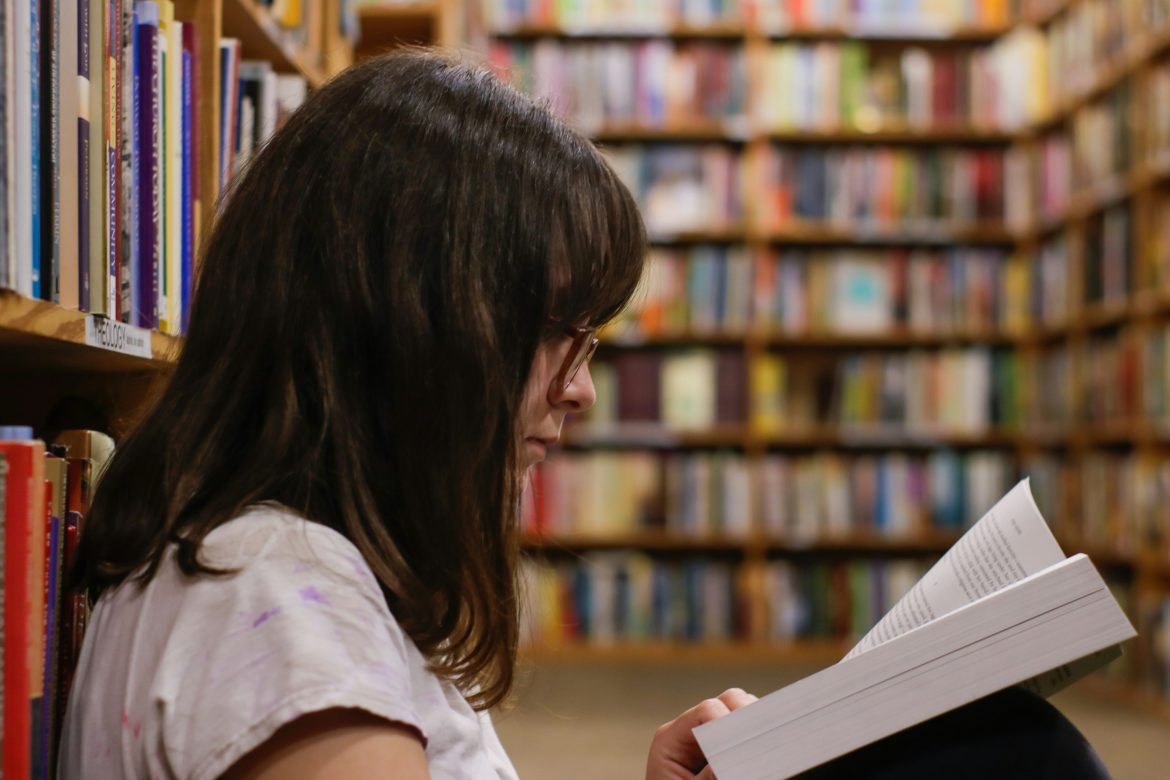Last year, more than 172,000 students in the UK received a grade 3 or below in their English Language GCSE, effectively a fail.
The number of GCSE passes had fallen for a second year running.
According to the Supporting Education Group, a business which offers support to schools and parents, there are 1.2 million children in the UK with diagnosed dyslexia, with at least 150,000 believed to have the condition but without an official diagnosis.
If a student does not receive a diagnosis for dyslexia, they do not get the support that they need and miss out on the help during exams.
The magazine Education Business found that 85% of people described the process of identifying dyslexia as difficult or not possible, reporting that only 4% of schools screen for dyslexia.
Iain Collins, whose daughter was diagnosed with dyslexia, said: “We suspected our daughter was dyslexic but had very little support from the school, until we took her for a private dyslexia assessment when she was nine.
“After that we had the ammo to get an ECHP (Education, Health and Care plan) and got extra time for her exams. Once that was in place, she got the appropriate tools and support that she needed and began to do much better.”
According to the NHS, if a child is not diagnosed in their formative years – up to eight years old – and does not receive the support they need, the impact can be lifelong.
Often children can be misinterpreted as disruptive, as they struggle academically.

Zara Gallagher, Head of Governance and Legal, at Kingston Academy, said that there are 62 pupils who have been confirmed to have dyslexia at the school and that reports from screeners and staff indicate that approximately 29 other pupils have dyslexic traits, but had no official report/assessment by a specialist.
Gallagher said: “The school uses dyslexic screeners and its own educational psychologist to support pupils by assessing their needs when staff flag concerns or a pupil is not making expected progress.”
She said that all Year 10 pupils are screened for access arrangements by a dyslexic specialist in preparation for their GCSEs, to identify whether there is a need to receive extra support for their exams, such as a reader, extra time or a scribe.
The school also uses assistive technology and Chromebooks, which allows their students to break down text or have it repeated back to them.
Dyslexia isn’t related to a person’s general level of intelligence and children and adults of all intellectual abilities can be affected by dyslexia.
Abi Hayes, a University student, said: “I was diagnosed late with dyslexia, but my University adjustments have been key to me being able to do so well.
“Dyslexia is part of who you are, it can be frustrating at times but we have to be kind to ourselves. There is lots of help and support out there and getting in touch with charities really helped me.”
For more information you can visit the NHS website or contact the British Dyslexia Association.





